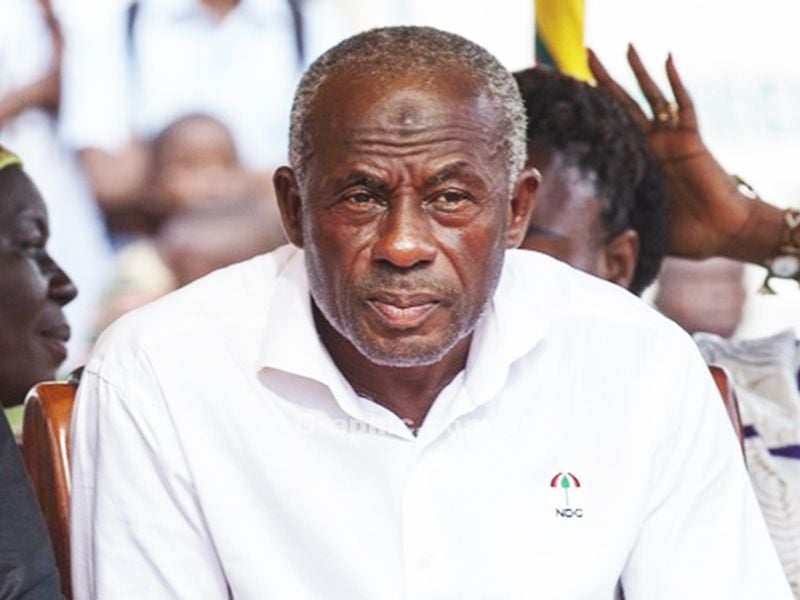The statement made by Collins Dauda, Member of Parliament for Asutifi South, regarding the Akwatia by-election raises several critical issues concerning the relationship between electoral outcomes, political representation, and development allocation in Ghana. Dauda’s assertion that the people of Akwatia risk losing government attention and development projects if they vote against the ruling National Democratic Congress (NDC) essentially suggests a quid pro quo relationship between political support and resource allocation, a practice that raises concerns about fairness, transparency, and equitable distribution of national resources. His statement highlights a potential flaw in the system, where development becomes a political tool rather than a right of all citizens, regardless of their political affiliations.
Dauda’s argument centers on the premise that while MPs have access to the Common Fund for smaller projects, significant developmental undertakings, such as road construction, require central government funding. This distinction creates a power imbalance, where the ruling party wields greater influence over larger-scale development initiatives. This dynamic can potentially lead to a situation where constituencies that support the opposition are marginalized in terms of development, creating a two-tiered system where political loyalty becomes a prerequisite for progress. Such a system undermines the principles of democratic governance, which ideally should prioritize the needs of all citizens equally.
The MP’s statement, “If I were the president, I won’t do their roads if they vote against the NDC because they must also reciprocate what I am doing for them,” explicitly articulates the transactional nature of his perspective on development. This viewpoint raises serious ethical questions. Should development be contingent on political allegiance? Shouldn’t all citizens be entitled to basic infrastructure and services regardless of their voting preferences? This approach to governance risks creating a system where political patronage trumps the needs of the populace, and development becomes a reward for political loyalty rather than a fundamental right.
Furthermore, Dauda’s justification, drawing on his own experience as an opposition MP, underscores the limitations of relying solely on the Common Fund for constituency development. He points out that while he utilized his share of the fund for projects like classroom blocks, boreholes, and electricity extension, these initiatives are inherently smaller in scale and impact compared to projects funded by the central government. This disparity further reinforces the argument that the current system disproportionately favors constituencies aligned with the ruling party, effectively creating a development gap between them and those represented by opposition members. This uneven distribution of resources can exacerbate existing inequalities and hinder overall national development.
The implications of Dauda’s statement extend beyond the immediate context of the Akwatia by-election. It highlights a systemic issue within Ghana’s political landscape, where development is often perceived and utilized as a political tool. This practice not only undermines democratic principles but also potentially fosters a culture of political patronage and clientelism. In such an environment, citizens may feel compelled to vote for the ruling party not out of genuine support for their policies or ideologies but out of fear of being denied essential services and development projects. This dynamic can erode trust in democratic processes and institutions.
Ultimately, the core question raised by Dauda’s statement is whether access to development should be a fundamental right of all citizens, independent of their political affiliations, or a privilege contingent on supporting the ruling party. A system that prioritizes the former fosters equitable growth and strengthens democratic values, while a system that operates on the latter creates divisions, fosters resentment, and undermines the very fabric of democratic governance. Moving forward, it is crucial for Ghana to address this systemic issue and ensure that development is driven by the needs of the people, not by political calculations. A transparent and equitable system of resource allocation is essential for building a truly inclusive and democratic society.














